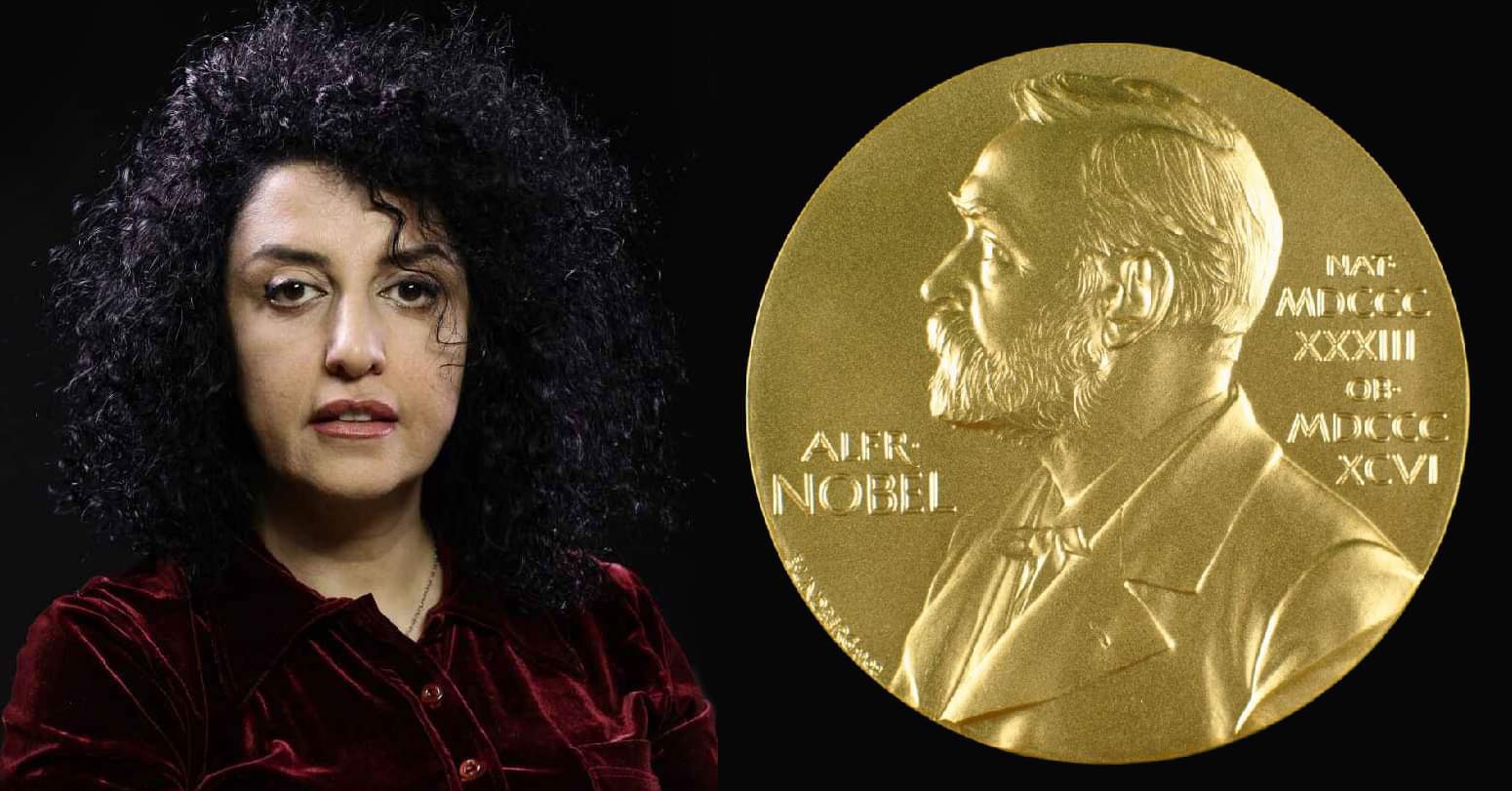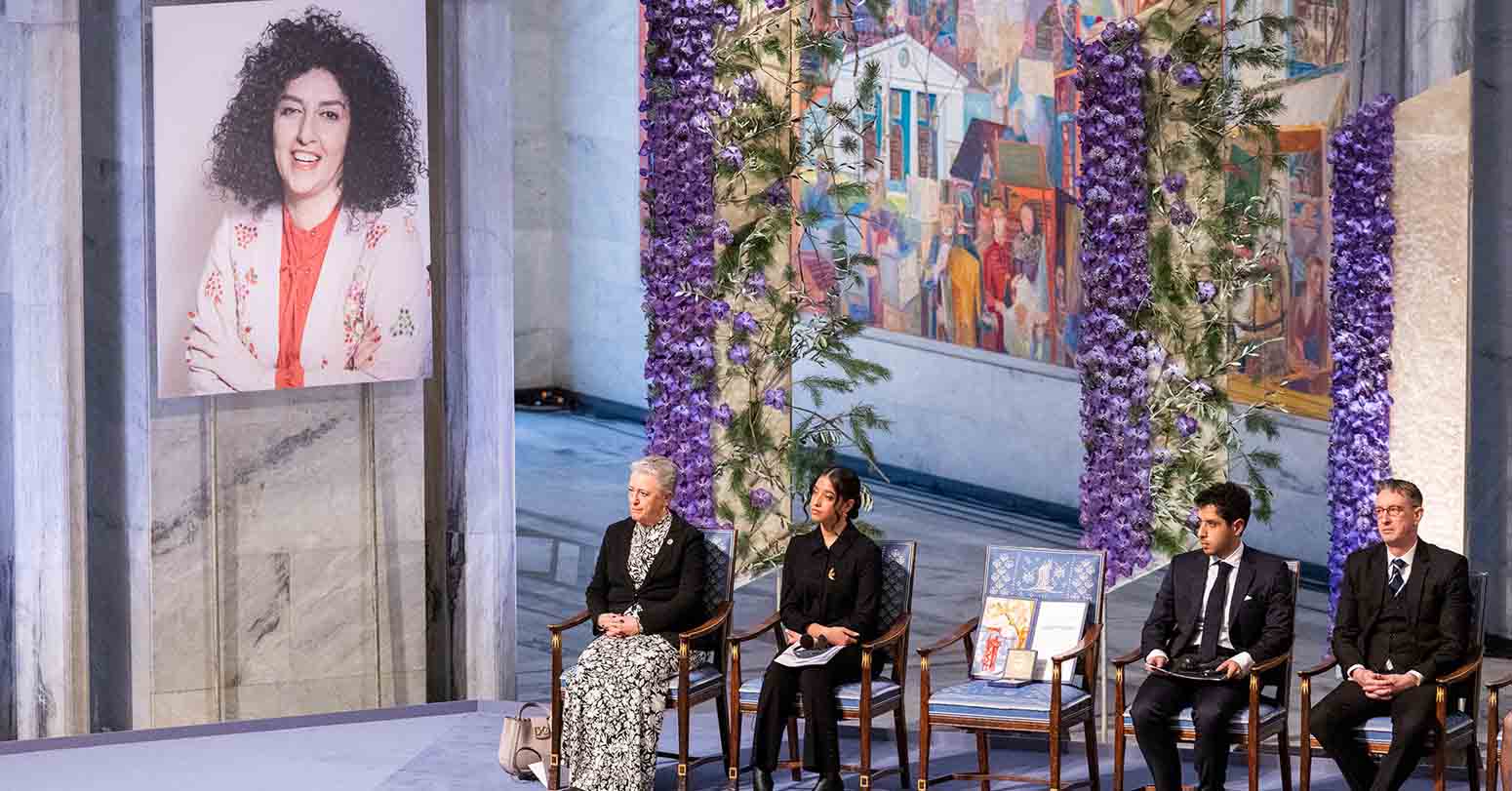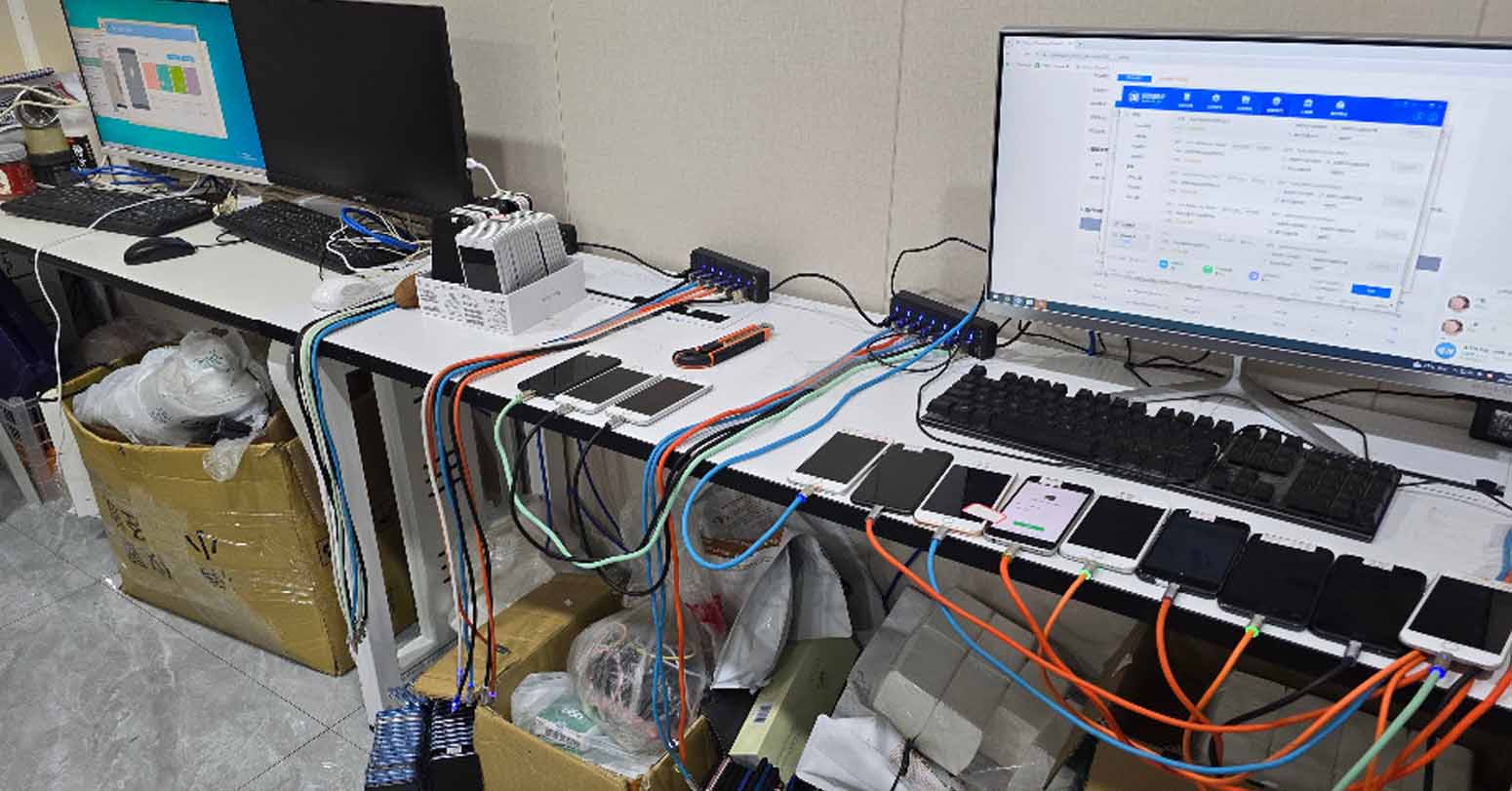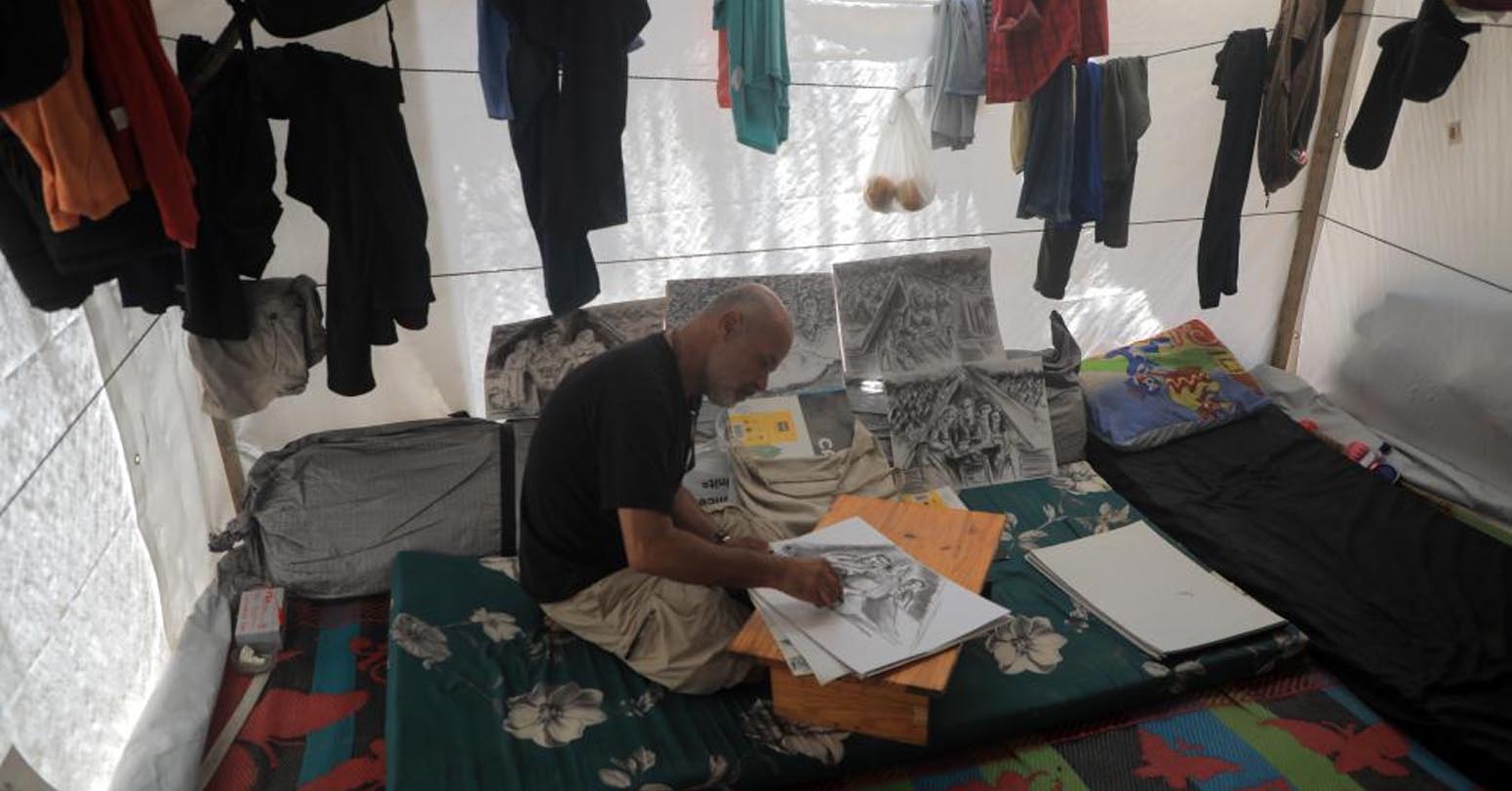
Imprisoned Nobel Peace Prize winner Narges Mohammadi denounced Sunday a "tyrannical and anti-women religious" government in Iran, in a speech delivered by her children who accepted the award in her absence.
Mohammadi, who has campaigned against the compulsory wearing of the hijab and the death penalty in Iran, has been held since 2021 in Tehran's Evin prison.
Instead, her 17-year-old twins Ali and Kiana, both living in exile in France since 2015, received the award on her behalf, reading a speech she managed to smuggle out of her cell.
"I am a Middle Eastern woman, and come from a region which, despite its rich civilisation, is now trapped amid war, the fire of terrorism, and extremism," she said in a message that was written "behind the high, cold walls of a prison".
"The Iranian people will dismantle obstruction and despotism through their persistence," Mohammadi said in her speech.
"Have no doubt -- this is certain," she said.
Mohammadi has been arrested and convicted several times in recent decades, and her twin children have not seen their mother for almost nine years.
"Personally I'm rather pessimistic," Kiana Mohammadi told reporters on Saturday, while his brother Ali said he remained "very, very optimistic".
The "Woman, Life, Freedom" movement seeks the end of Iran's imposition of a headscarf on all women and an end to the Muslim cleric-led government in Tehran.
- Empty chair -
"I am an Iranian woman, a proud and honourable contributor to civilisation, who is currently under the oppression of a despotic religious government," she said.
A chair was left symbolically empty at the ceremony, where a portrait of Mohammadi was displayed.
Mohammadi is one of the women spearheading the "Woman, Life, Freedom" uprising, which saw months-long protests across Iran triggered by the death of 22-year-old Mahsa Amini.
Amini, an Iranian Kurdish woman, died on September 16, 2022, while being held by Iran's religious police for allegedly breaching the Islamic republic's dress code for women.
"The mandatory hijab imposed by the government is neither a religious obligation or a cultural tradition, but rather a means of maintaining authority and submission throughout society," Mohammadi said in the speech read before the Norwegian royal family and foreign dignitaries.
She said Iran "is fundamentally alienating itself from its people", denouncing government repression, the lack of an independent judicial system, propaganda and censorship, and corruption.
Mohammadi is currently carrying out a hunger strike in solidarity with the Baha'i community, according to her family.
Representatives of Baha'i, Iran's largest religious minority, say it is the target of targeted discrimination.
- In Mandela's footsteps -
Mohammadi is the fifth laureate in the more than 120-year history of the Nobel Peace Prize to receive the award while detained.
She follows Germany's Carl von Ossietzky, Myanmar's Aung San Suu Kyi, China's Liu Xiaobo and Belarus's Ales Beliatski.
"Narges Mohammadi's struggle is also comparable to that of Albert Lutuli, Desmond Tutu and Nelson Mandela, which took place over a period of more than 30 years before the apartheid system in South Africa came to an end," the chair of the Norwegian Nobel Committee, Berit Reiss-Andersen, said in a speech.
Protests in Iran triggered by Amini's death have been severely repressed.
The Iran Human Rights group (IHR) says 551 demonstrators, including dozens of women and children, have been killed by security forces, and thousands have been arrested.
On Saturday, the lawyer for Amini's family said her parents and brother, who were due to receive the European Parliament's Sakharov Prize for freedom of thought on Amini's behalf at a ceremony on December 13, was being prohibited from leaving Iran.
The other Nobel prizes, in literature, chemistry, medicine, physics and economics, were to be awarded later Sunday at ceremonies in Stockholm.
-AFP



















Comprehensive Data Protection Law Critically
Gender Differences In Mental Healthcare
Messi Wins Best FIFA Men’s
Erosion of Democracy
Fly Dubai Catches Fire in
“Complexities of the South Asian